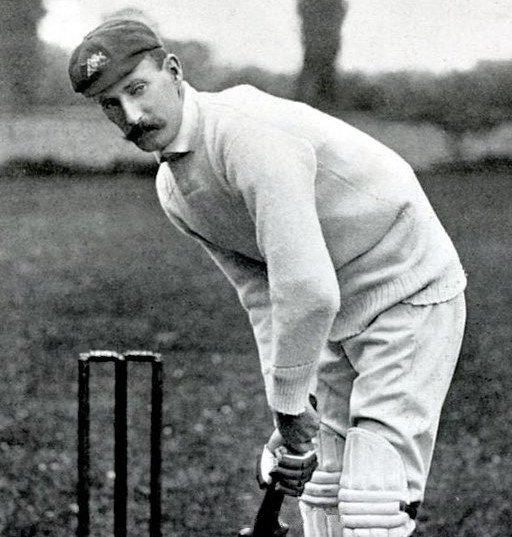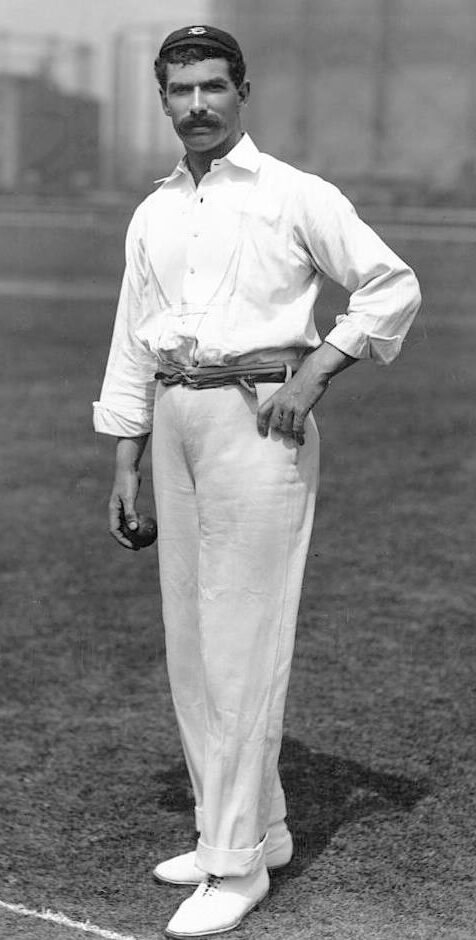Born on October 24, 1869, Charles McLeod represented Australia in 17 Test matches from 1894 to 1905. In the First Test of 1897–98 Ashes at Sydney Cricket Ground (SCG), there was a more controversial wicket-keeper runout than the Bairstow-Carey dismissal. On December 16, 1897, Charles McLeod was awarded a bizarre runout after being delivered a no-ball by Tom Richardson and was walking back to the pavilion.
It has transpired that Charles McLeod extraordinarily got his dismissal. Tom Richardson sent down a full pitcher, and to save himself from a body blow, the batsman shrank back, only to see the ball land on the top of the leg stump. But Tom Richardson having overstepped the bowling crease, Bannerman no-balled him so that Charles McLeod was not out, but unfortunately, he mistook the umpire’s call for a warning shout from Joe Darling to look out. Thinking he had been bowled, therefore. Charles McLeod walked out of his ground towards the pavilion. Joe Darling said, “Go back; you are not out,” but before he could return, Bill Storer took the ball in hand, pulled out the stump, and McLeod was given a run out.

The retiring batsman had spent an hour and thirty minutes making his runs. During the adjournment, all shades and conditions of cricketers were standing about in knots, discussing the point as to whether Charles McLeod was not out. Morally, he was not out, ever not out; everyone admitted that, but a careful reading of the law relating to “run out.” left little doubt in the minds of some people eminently qualified to express an opinion that Charles McLeod was out.
The question arose whether the ball was dead when it went into the wicketkeeper’s hand; if so, the batsman could not have been given out, but the ball went away off the wicketkeeper to extra slip, and it was after Grace had returned it that Bill Storer put down the wicket.
Most spectators were inclined to call it a piece of sharp practice, but the English umpire (Phillips) did not take this view and considered Bill Storer’s action quite justified. He said the batsman was undoubtedly run out. Charles McLeod is a light deal in one ear, which might have accounted for his action in leaving his crease when Bannerman called “no ball,” but the fieldsmen were not supposed to know this. Some barracks on the hill joined the English wicketkeeper a little and made several insulting observations, and no doubt the incident caused a great deal of ill-feeling.
Read More: Warwick Armstrong Bowled Two Consecutive Overs
